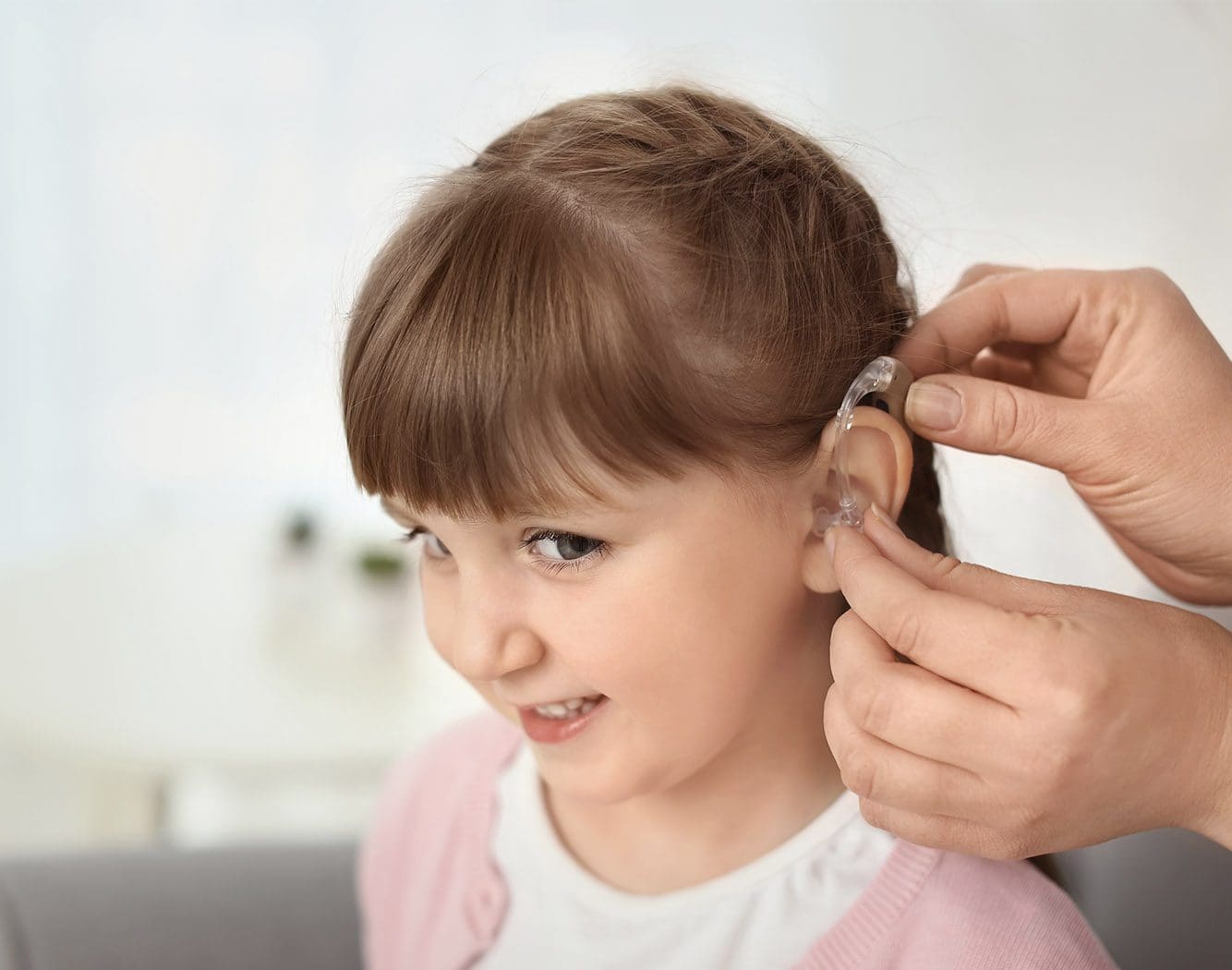
Can My Child Hear Normally?
As parents, we all want to make sure that our children meet their full potential in everything that they do.
Most children will have some trouble with their ears or hearing during their childhood and you’re right to want it investigated if you have any concerns.
Read more
Good hearing is essential to a child’s development and general wellbeing. Without good hearing, development of speech and language can be affected. Additionally, it can also have an impact on development of social skills and impact on educational attainment. Similarly behavioural and emotional issues can also arise from an undiagnosed and untreated hearing loss.
Read Less
Click Hearing is one of the only private audiology practices in the country that is registered with the CQC and so, allowed by law to see children.
Read more
Our Audiologists are fully trained and experienced NHS audiologists who have close working links with several Ear, Nose & Throat Surgeons in the local and surrounding areas.
Read Less



